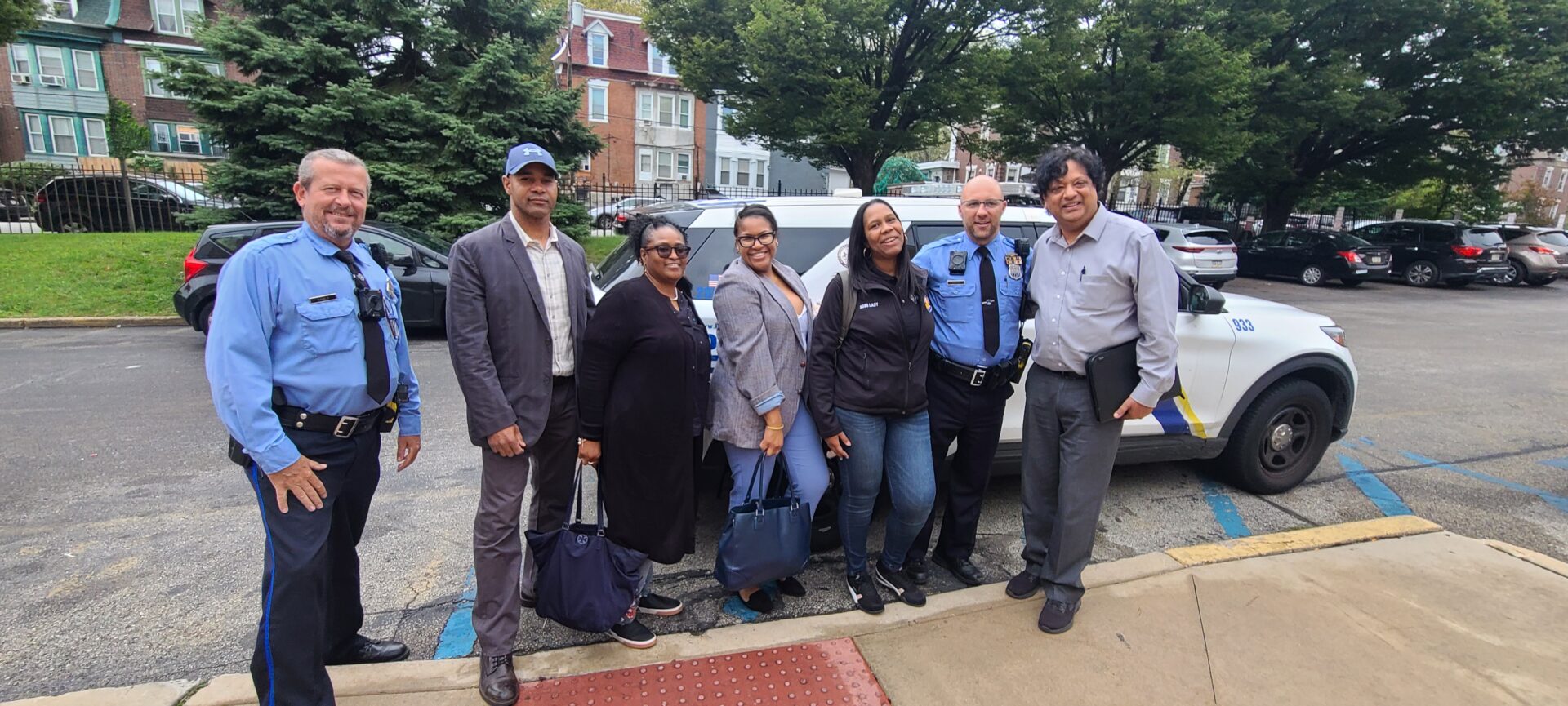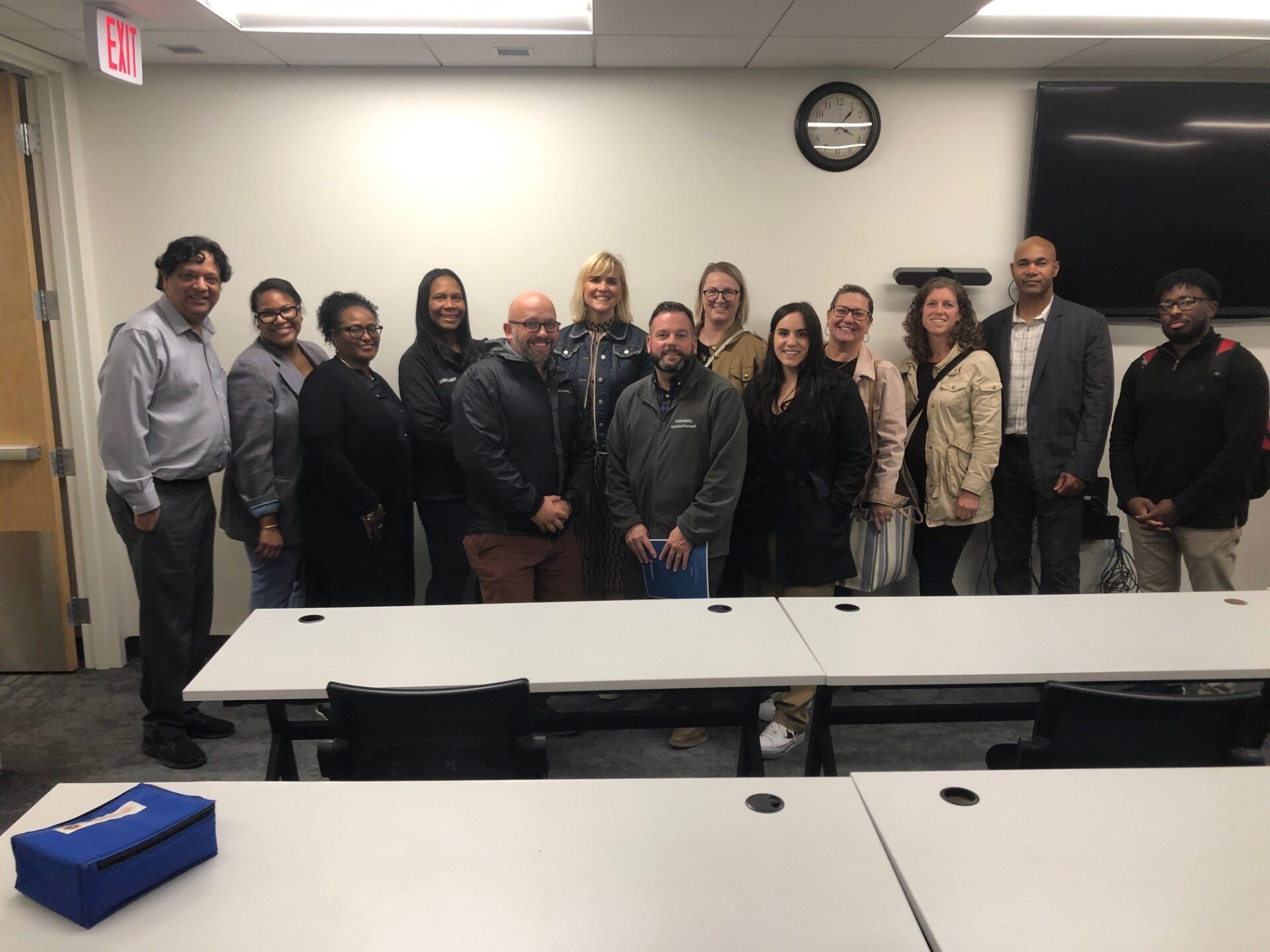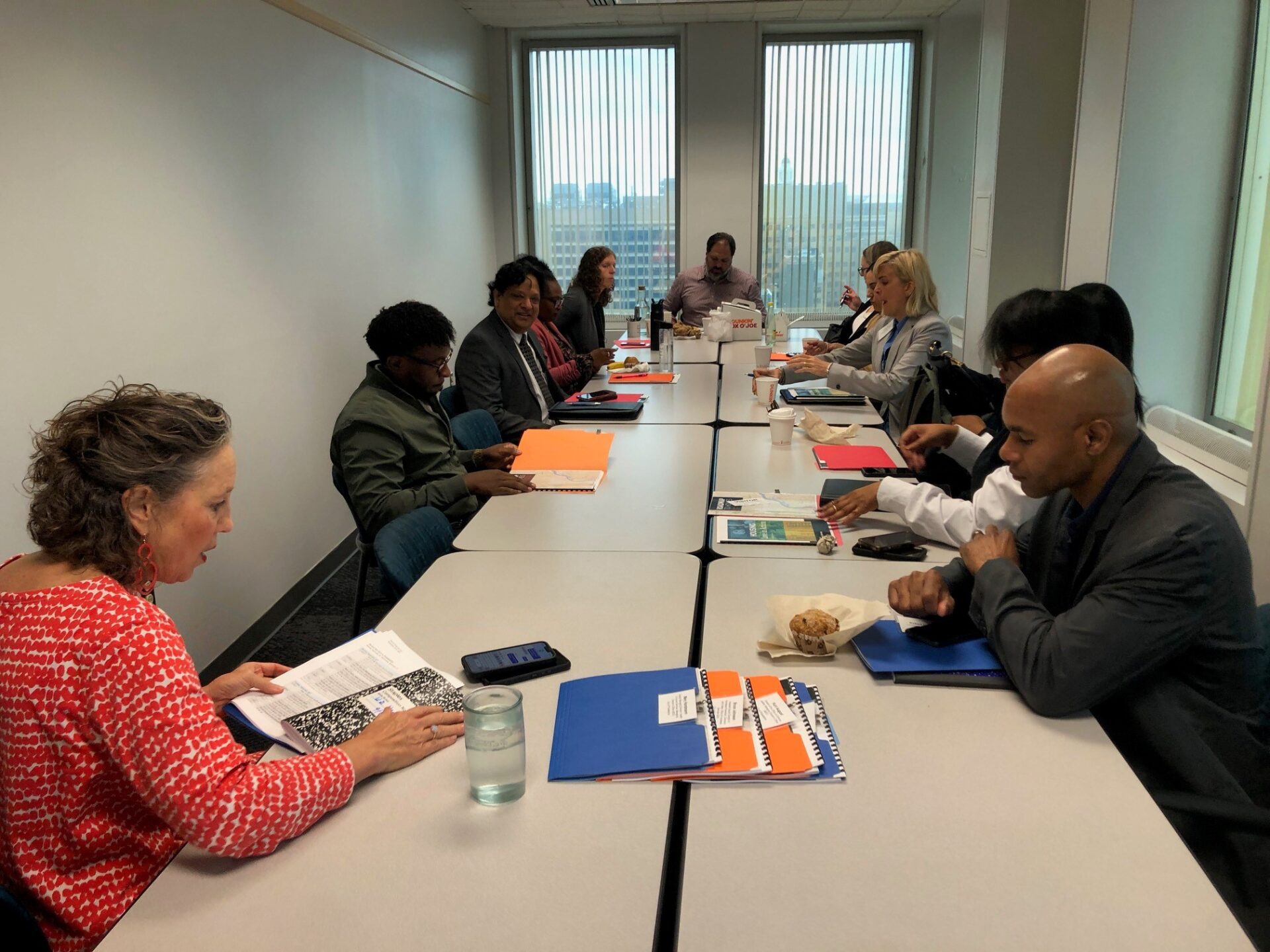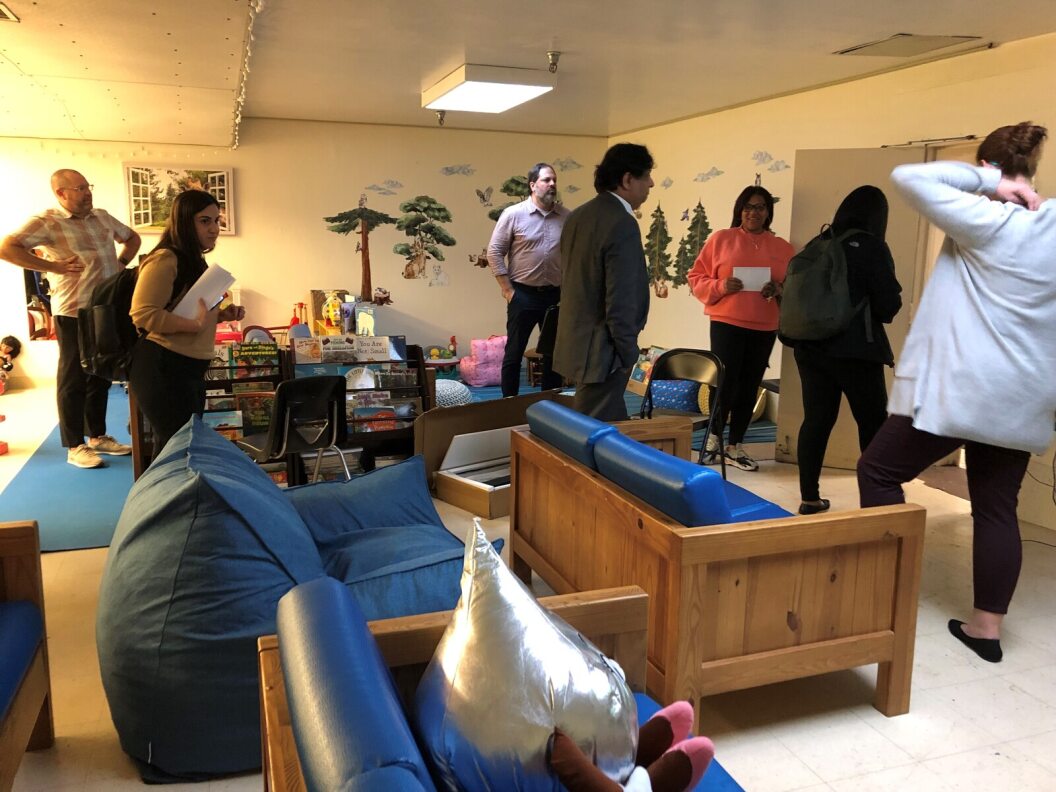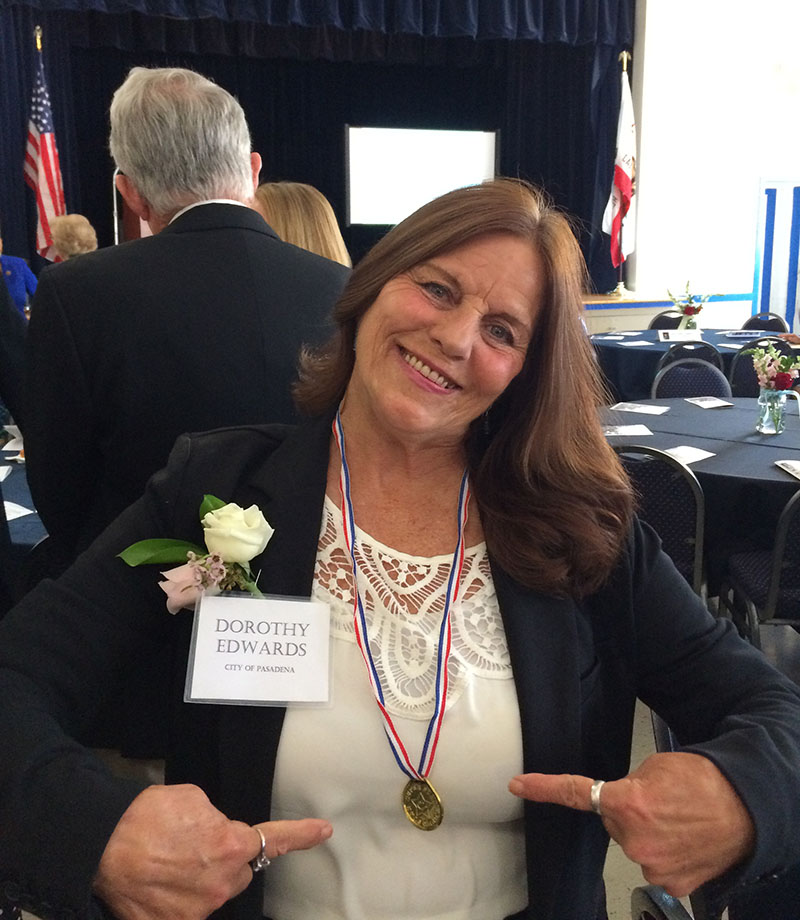According to the U.S. Department of Housing and Urban Development (HUD) 2023 Annual Homelessness Assessment Report (AHAR) Point-In-Time Estimates of Homelessness released today, a record-breaking number of individuals grappled with homelessness on a single night, surpassing any previous counts since it began in 2007. Overall, homelessness surged across all population segments, but there was stark overrepresentation among people identifying as Black, Hispanic or Latin(o)(a)(x), and Asian or Asian American. Nearly a third (31%) were people experiencing long-term homelessness, also the highest number recorded since 2007.
This surge in homelessness across the nation is a sobering reality check, but it is no surprise to anyone who has been paying attention. The increase in homelessness is an entirely predictable and direct consequence of widespread shortages in affordable housing, compounded by a fragmented and undercapitalized infrastructure for essential community support services and individual economic insecurity. It is a national emergency, and CSH calls on elected leaders at federal and local levels to elevate it as an urgent whole-of-government policy challenge we need to address.
Despite headwinds, many communities have made progress by investing in housing and services and preventing thousands of individuals and families from entering homelessness over the past year. Many have exceeded expectations in record time, moving people from homelessness to housing. Yet, increases in the Point-In-Time count glaringly spotlight how the inflow of people entering homelessness is greater than those finding homes.
“There comes a point where we need to stop just pulling people out of the river,” begins a quote commonly attributed to Desmond Tutu, the late South African Anglican bishop and social rights activist. “We need to go upstream and find out why they’re falling in.”
As we look “upstream” to dissect the multifaceted challenges contributing to this crisis, it is imperative that communities —and their state and congressional policymakers— adopt comprehensive, long-term, proven solutions that address the root causes and create lasting impact. The solutions must also occur “upstream,” that is, to make every effort to prevent people from having no other option but to gather a few treasured belongings to carry with them as they face the harsh reality of homelessness.
Anticipating the Inevitable: The Predictable Outcome of Housing Unaffordability
Communities nationwide grapple with an acute shortage of affordable homes, exacerbated by a growing number of individuals and households spending an unsustainable proportion of their incomes on housing costs. This precarious situation places them at an elevated risk of homelessness, underscoring the urgency for aggressive, affordable housing development and preservation.
The Center on Budget and Policy Priorities (CBPP) projects that the nation is on pace to lose an additional “176,000 affordable units” by 2025 due to expiring “affordability restrictions,” which is a devasting number considering the already vast scarcity of affordable housing. The CSH National Needs Assessment found that the country needs 1.1 million affordable and supportive homes for people with extremely low incomes and complex barriers to housing. Other research demonstrates a shortfall of 7.3 million affordable homes for people paying greater than 30% of their limited income (in many cases 50% or more) on housing. The same CBPP article goes on to offer strategies for preserving and increasing affordable housing, including revitalizing rental assistance programs, directing resources to update aging LIHTC (Low Income Housing Tax Credits) properties, and expanding LIHTC programs, among other actionable and achievable tactics that should, and can, have bipartisan support.
Some communities do their best to bolster affordable housing development, but zoning and permitting bureaucracies impede progress. CSH strongly advocates communities proactively accelerate affordable housing development to address critical shortages. This includes developing new housing, preserving existing affordable housing units, and reforming zoning laws.
Investing in Prevention and Support Services: A Proactive and Financially Responsible Approach
As much as supportive housing relies on safe, quality, and affordable housing, tenants must also have access to voluntary, flexible, and responsive community support services. Services aligned with housing can help people move into and sustain a home of their choice.
Despite ample evidence demonstrating both the cost and societal effectiveness of community support services in preventing or re-housing individuals experiencing homelessness, there remains a persistent underinvestment in these vital interventions. Public and private service systems remain siloed and fragmented. Service providers are limited by antiquated technology and insufficient resources, leading to underpaid staff and high employee attrition. These factors push people towards crisis systems and institutional care unnecessarily.
This overreliance on policing, jails, and forced psychiatric hospitalizations proves to be not only ineffective but also financially burdensome.
CSH calls on states to streamline and integrate their systems to achieve more coordinated service delivery and foster a holistic and efficient response to the homelessness crisis, stemming the inflow of people into homelessness. Sustained investment in these services, paired with integrated and coordinated systems, yields better outcomes and saves public dollars in the long run.
Economic Security: The Link Between Low-Income and Housing Instability
One of the common misconceptions of people experiencing homelessness is that they do not want to work to pay for housing. Robust data show the opposite is true. The National Alliance to End Homelessness (NAEH) examined employment among people experiencing homelessness and cited a study that found just over half (53%) of people living in temporary shelters and 40% living without shelter worked full or part-time. Further, wages are not keeping up with housing and other costs affected by rising inflation. The National Low Income Housing Coalition’s Out of Reach Report, showed that to afford a one-bedroom apartment required a national average Housing Wage of $24 per hour. This wage is far above any minimum wage standard.
The nation did experience what is possible with an infusion of robust financing and preventative strategies with COVID-era relief funding. We learned that by directing substantial resources to communities, they fared better. But as this funding concludes, benefits such as the Child Tax Credit and the CDC’s eviction moratorium have compromised critical prevention efforts. The fact remains that a growing number of people do not have adequate living wages, which makes it difficult for them to keep a roof over their heads.
Building on Success: Examples of Progress and the Path Forward
Despite these headwinds, communities like Houston, TX; Milwaukee, WI; Newark, NJ; and Santa Clara County, CA are making smart investments in housing and services to reduce reliance on emergency systems and tackle homelessness.
Some states are adopting innovative strategies such as Medicaid waivers and State Plan Amendments to help cover housing-related services that can prevent homelessness.
There are also examples of state legislatures and governors working collaboratively and across the aisle to find existing resources for boosting housing and services. Earlier this year, the Nevada legislature passed AB 310 with near-unanimous support, which Governor Joe Lombardo signed into law. AB 310 established the “Supportive Housing Development Fund” from existing state dollars to fund affordable housing development and services. Additionally, the legislation established funds to evaluate and measure the results.
Strong Public Support for Housing and Services Investments
The above examples of communities addressing homelessness inspire us, demonstrating that lasting solutions are within our reach with concerted efforts, cross-sector collaboration, and strategic investments. Whether preserving existing affordable units, expanding rent control measures, or fostering community-led initiatives, the path to housing stability requires collective action. And the public wants bold action.
Recent research revealed a strong public appetite transcending political leanings for ambitious policies that fuel resources for affordable housing and support programs as a solution to homelessness. In a nationally representative survey conducted in September 2023, Pew found overwhelming support for ten policy initiatives. Further, “affordability” was the number one reason respondents wanted more development followed by three-fourths of respondents citing reducing homelessness. The Bipartisan Policy Center published a study in June 2023 with similar findings. Their study also found that respondents wanted the federal government to make homelessness a “top priority” and for 2024 presidential candidates to present the country’s plans for tackling the emergency.
In confronting the surge in homelessness, we find ourselves at a pivotal juncture, armed with the knowledge that the root causes are not insurmountable obstacles but challenges that demand bold, innovative solutions. It is time for the nation to address the homelessness emergency that so many people and communities have endured for far too long and start treating it with the urgency it demands.


